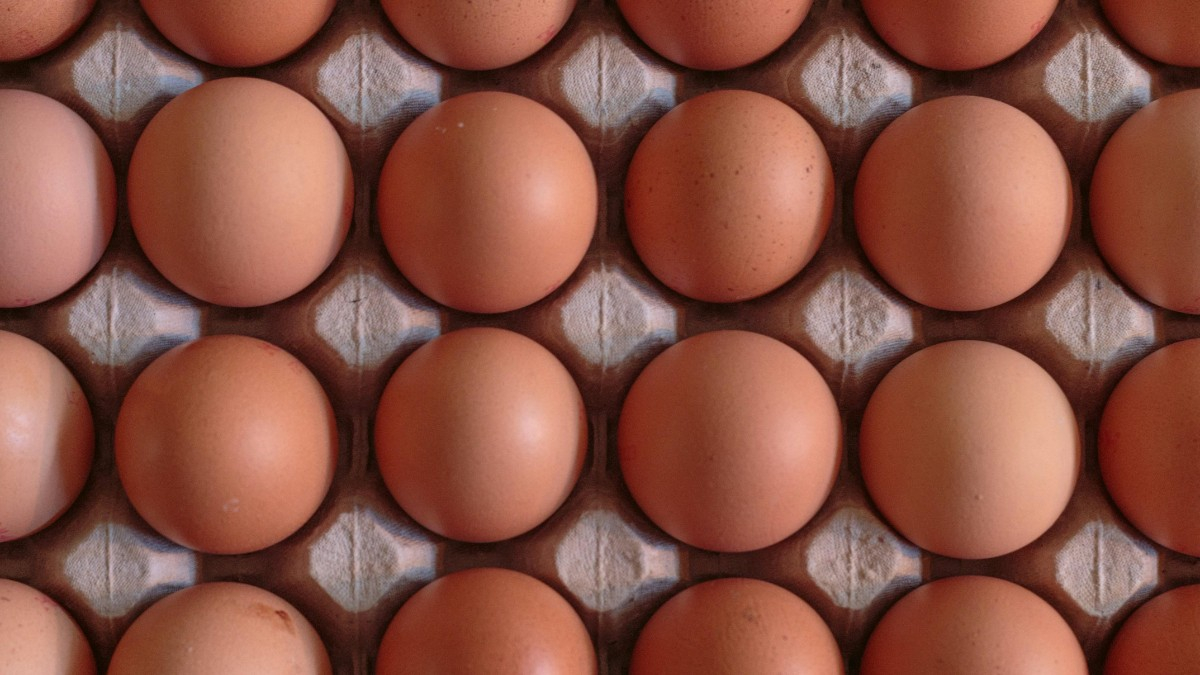A massive recall of organic eggs sold at Costco has expanded in late December 2024 amid fears of possible salmonella contamination. The FDA has upgraded the recall to a Class I alert, meaning there is a “reasonable probability” that consuming these eggs could result in serious health consequences or death. This article goes over the details of the recall, the affected products, and potential risks associated with salmonella exposure.
Recall overview
The recall involves approximately 10,800 units of Kirkland Signature Organic Pasture Raised 24-Count Eggs produced by Handsome Brook Farms in New York as detailed in this article, Costco egg recall: FDA raises alert to highest level over salmonella risk. The eggs were sold at 25 Costco warehouses in five states, including Alabama, Georgia, and North and South Carolina and Tennessee. The eggs were sold starting on November 22, 2024, and the recall was first announced on November 27 after it was discovered that eggs not intended for store sales were inadvertently packaged for distribution of eggs to retailers.
That the FDA has reclassified this recall to Class I on December 20 shows this is a very critical situation. This classification of the product is used if there is a reasonable chance that using or consuming an item may cause serious or adverse health consequences, all the way to death. Such egg cartons have a Universal Product Code (UPC) of 9661910680 and a use-by date of January 5, 2025.
Understanding the risks of salmonella contamination
Salmonella is a bacterium that causes foodborne illness, which presents with fever, diarrhea (sometimes bloody), nausea, vomiting, and abdominal pain. Symptoms usually appear within six hours to six days after eating the contaminated food and may last up to a week if not treated. While most healthy people recover without complications, some populations, including young children, people over age 65, and those with weakened immune systems, are at higher risk for serious illness and may need to be hospitalized.
According to estimates by the Centers for Disease Control and Prevention (CDC), “salmonella causes an estimated 1.35 million infections, 26,500 hospitalizations and 420 deaths in the United States each year.” In light of such statistics, the alarmed caution over the recalled Costco egg products is especially more warranted.
Recalled products and distribution
Products named in this recall notification:
- Kirkland Signature Organic Pasture Raised Eggs
- Packaged in cartons containing 24 eggs
- UPC: 9661910680
- Julian code: 327
- Best if used by date: January 5, 2025
The eggs were distributed to the following states at some Costco stores:
- Alabama
- Georgia
- North Carolina
- South Carolina
- Tennessee
The consumers who purchased the eggs are vehemently warned against consuming them; rather they are advised to return all the affected cartons to their local Costco store for a full refund or destroy them safely.
Consumer warnings and precautions
Based on the above recall, the following consumer warnings and precautions are warranted:
- Check your cartons: Do not eat Kirkland Signature Organic Pasture Raised Eggs with the listed UPC and use-by date if you have purchased them.
- Be aware of symptoms: If you think that you might have consumed the recalled eggs, be aware of symptoms of a Salmonella infection. If any symptom becomes severe, seek medical care.
- Follow FDA guidance: The professionals instruct the practice on items like the return of recalled merchandise or proper disposal of product.
Handsome Brook Farms has promised to strengthen the controls over its supply chain and reeducate its employees so this will never happen. For those with further inquiries can contact customer care at 646-733-4532, or email recall@hbfeggs.com. Consumers too can do some work on this recall by navigating them and getting notified of the food safety warnings to ensure that they keep their health safe.
Read more: When is Walmart open today, Christmas Eve? Opening hours for the holidays
Read more: Company recalls more than 541,000 winter tires because they don’t have enough traction in snow – These are the affected wheels
